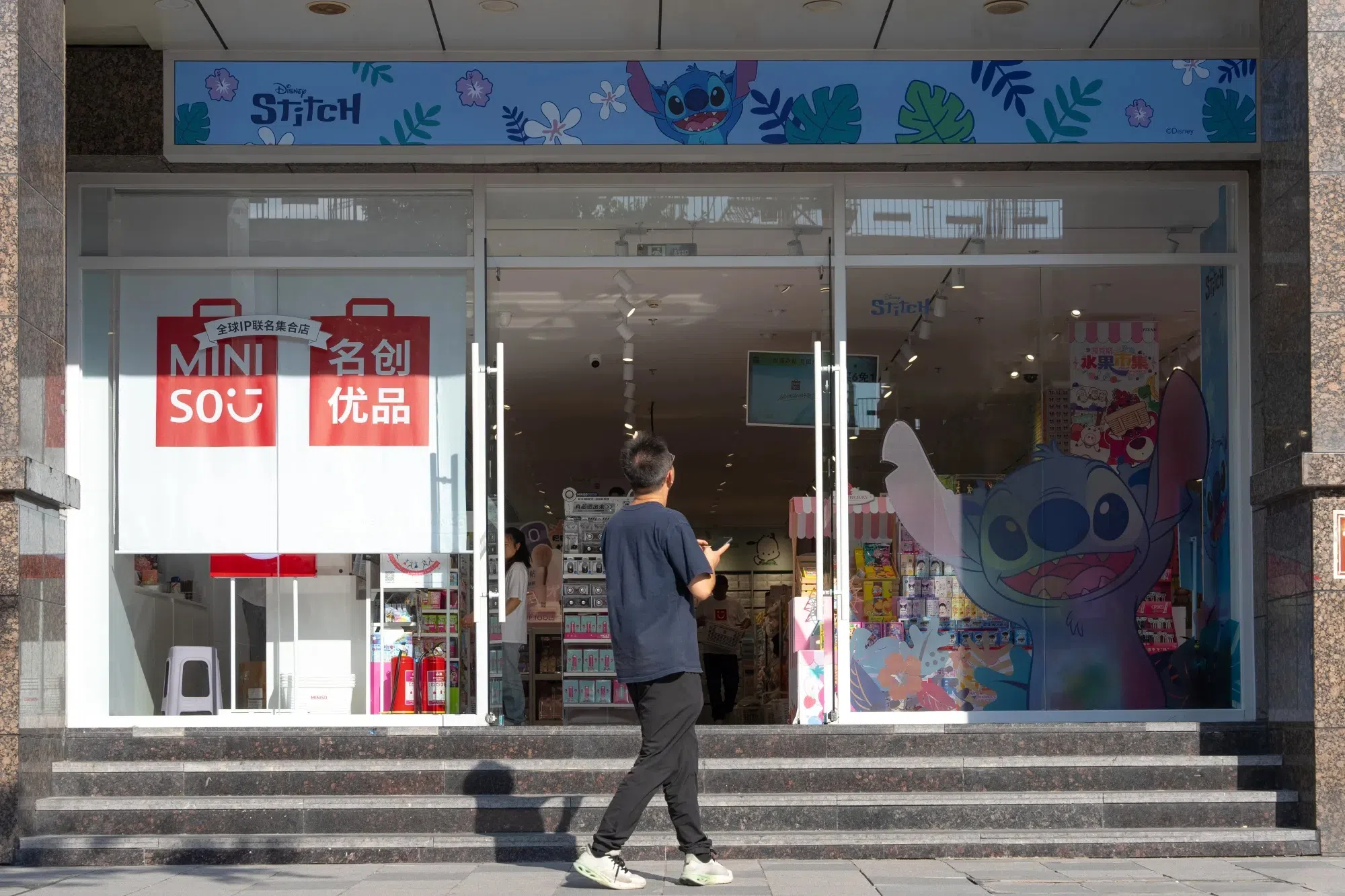DFI Retail Group plans to divest its entire stake in Shanghai-listed Yonghui Superstores, amounting to 1.9 billion shares in the Chinese supermarket operator, to low-cost retailer Miniso.
The group estimates the transaction to result in about 4.5 billion yuan (S$823.6 million) in gross cash proceeds.
On Monday (Sep 23), DFI Retail said the deal aligns with its strategic and capital allocation framework, and allows the company to direct a greater proportion of capital to support the growth of its subsidiary businesses across all its markets.
Miniso’s shareholders have approved the transaction, although its completion is subject to regulatory conditions including clearance from China’s antitrust authorities and the Shanghai Stock Exchange.
HSBC is acting as the financial adviser to DFI Retail on the proposed disposal of its shares in Yonghui.
Separately, on the same day, Miniso said in a filing to the Hong Kong Stock Exchange that it was acquiring nearly 2.7 billion shares amounting to a 29.4 per cent stake in Yonghui for a total consideration of 6.3 billion yuan.
BT in your inbox
Start and end each day with the latest news stories and analyses delivered straight to your inbox.
This includes Miniso’s planned acquisition of shares owned by DFI Retail, as well as two indirectly wholly owned subsidiaries of JD.com.
Acquiring both DFI Retail and JD.com’s interests in Yonghui is expected to make Miniso the supermarket operator’s largest shareholder.
DFI Retail, which operates convenience store chain 7-Eleven and Giant, is a member of the Jardine Matheson Group and is primarily listed on the London Stock Exchange with secondary listings in Bermuda and Singapore.
Based on DFI Retail’s financial results for the year ended December 2023, the group’s share of underlying losses from Yonghui was US$36 million.
The carrying value of its investment in Yonghui was US$765 million on its balance sheet.
Citi analysts estimate the transaction to set DFI Retail’s bottom line back by US$127 million, with “limited impact” on share loss of associate.
In their view, the transaction could strengthen DFI’s balance sheet from a net debt of US$549 million as at H1 FY2024 to a net cash of US$89 million.
“The liberated capital can now be reinvested to support the growth of subsidiary businesses across various markets, enhancing overall operational efficiency, positioning the company for sustainable growth and improving earnings in the mid-term,” said Citi.
Its shares on the Singapore bourse ended US$0.06 or 3.1 per cent lower at US$1.86 on Monday, before its announcement.







